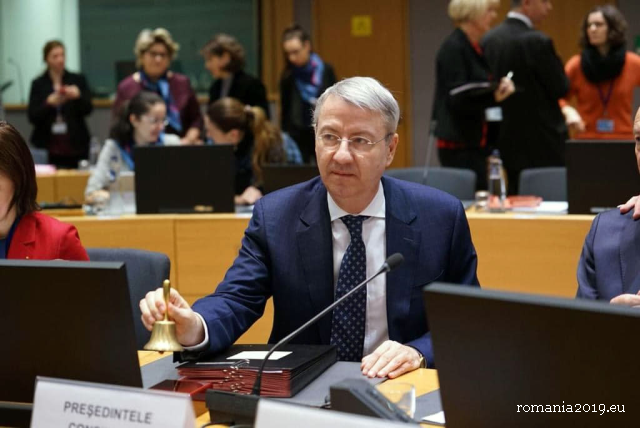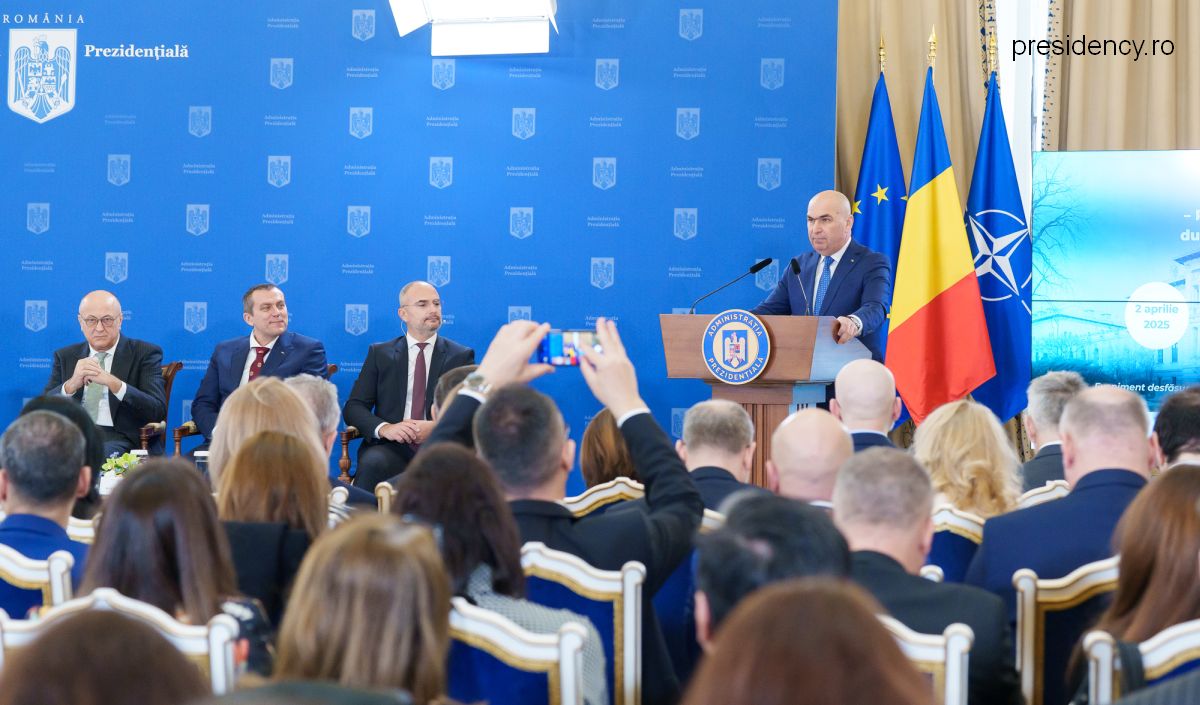The Romanian presidency of the EU – the first completed dossier
The Romanian presidency of the Council of the European Union has completed the first dossier that refers to personal data protection
Warning: Trying to access array offset on null in /home/web/rri.ro/public/wp-content/themes/rri/template-parts/content.php on line 53

Warning: Trying to access array offset on null in /home/web/rri.ro/public/wp-content/themes/rri/template-parts/content.php on line 98
Daniela Budu,
17.01.2019, 13:34
The European Parliament and the member states have reached a provisional accord on the protection of personal data in view of the upcoming EU parliamentary election in May. In keeping with the new regulations, political parties that abusively use personal data in order to influence voters will be fined. The new regulations are aimed at protecting the election process from online disinformation campaigns based on the abusive use of the voters’ personal data. Several months ahead of the European election an amendment was agreed upon to allow for the introduction of financial sanctions for the parties or European political foundations that are deliberately breaking protection data regulations in order to influence the outcome of the election.
The sanctions would account for 5% of the annual budget of the respective political party or foundation. Furthermore, those who break the rules will not be allowed to apply for funds from the EU’s general budget in the year in which they are fined. The text must be formally endorsed by the European Parliament and the Council of the EU in the following weeks so that it would be in force for the European election in May. Minister for European Affairs, George Ciamba, has hailed the conclusion of this dossier, the first under Romania’s presidency of the Council of the EU:
George Ciamba: “It is an amendment to a regulation on the financing of political parties and foundations, which is in fact addressing personal data protection, saying that a political party cannot ask an operator to provide information or get involved in a certain type of action that may result in the use of unprotected information. Political forces and foundations have employed the services of a certain company and this directive includes some obligations, such as to notify the authorities in charge of data protection and election authorities in case of such violations.”
The agreement is part of a larger package of measures launched by the European Commission aimed at ensuring a free and fair election process. They also include increased transparency of the online advertising materials of political nature, protection against cyber-fraud and fighting disinformation campaigns. According to the Commission, national authorities, political parties and the media should also take measures to protect their information systems and networks against cyber threats.






























